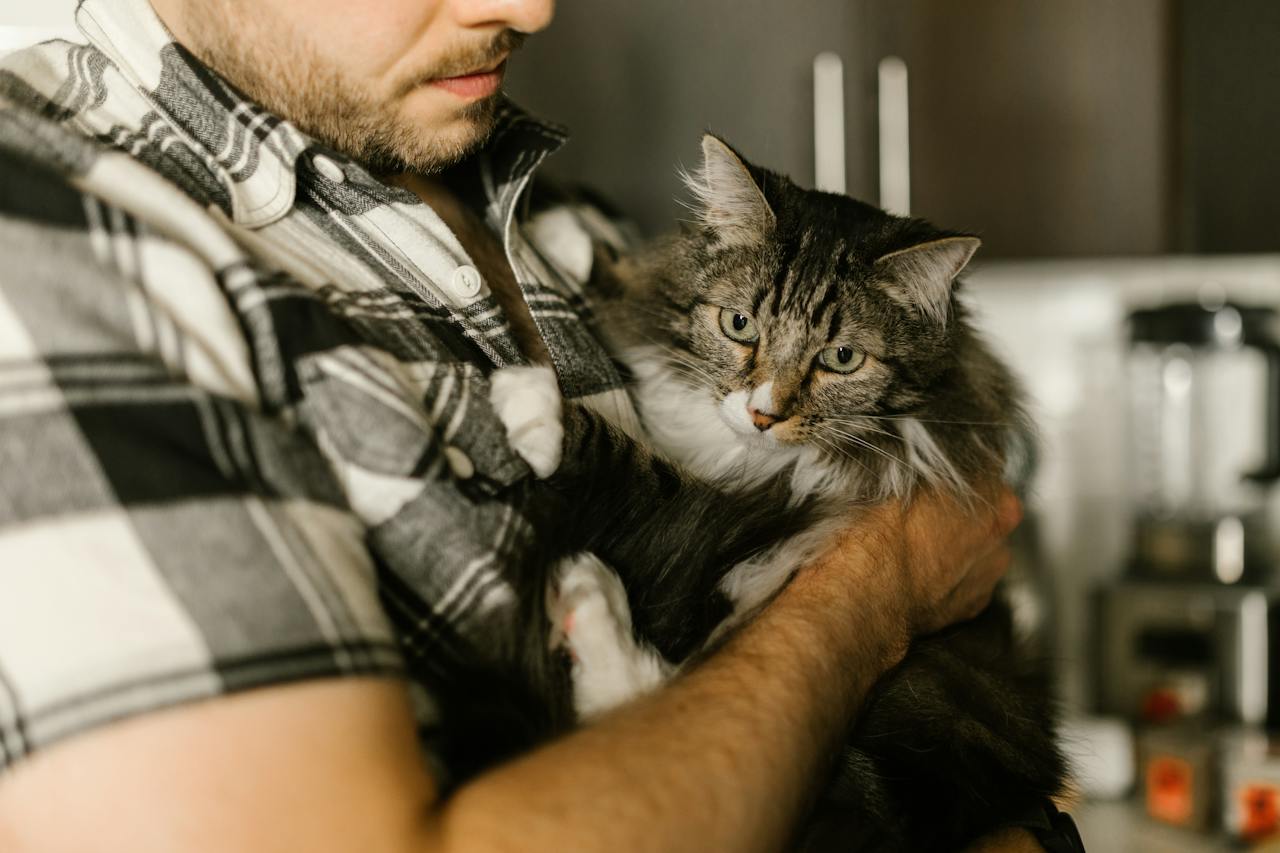
19 Jan Does Your Cat Need a Root Canal?
Ensuring your cat’s dental well-being is a fundamental facet of responsible pet ownership. While the routine dental care of brushing and check-ups is common knowledge, the concept of a root canal for cats might raise eyebrows. This blog will delve into the world of feline dental health, unraveling whether your cat might indeed need a root canal.
Cats, renowned for their independent nature, are adept at concealing signs of discomfort or pain. However, akin to humans, cats can encounter dental issues demanding veterinary attention. One such issue is a tooth fracture, which may progress to the point where root canal therapy becomes imperative.
What is a Root Canal?
A root canal is a dental procedure designed to remove infected pulp tissue from the tooth’s root canal. This pulp, housing nerves and blood vessels, can become infected due to decay or trauma, leading to severe inflammation and pain.
Five Signs Your Cat May Need a Root Canal
- Pawing at the mouth or rubbing it against objects
- Excessive drooling
- Bad breath
- Loss of appetite or weight loss
- Visible signs of tooth damage, such as cracks or fractures
If you notice any of these signs, it’s essential to schedule an appointment with your veterinarian for a dental examination.
How is a Root Canal Performed on Cats?
Root canal therapy for cats typically occurs under general anesthesia. The veterinarian initiates the process by accessing the pulp chamber, the space inside the tooth containing the pulp tissue. Utilizing specialized instruments, they carefully remove all infected pulp tissue. Once cleaned, the veterinarian fills the pulp chamber with a sterile material to prevent further infection. In certain cases, a crown may be placed over the tooth to protect and restore its function.
Four Benefits of Root Canal Therapy for Cats
- Preserves the tooth
- Eliminates pain and inflammation
- Enhances oral health
- Prevents further complications
While the risks associated with root canal therapy are generally low, a discussion with your veterinarian about the procedure’s risks and benefits is crucial before proceeding.
Aftercare for Cats Following Root Canal Therapy
Following root canal therapy, your cat will require close monitoring for a few days to ensure no complications arise. They may also be prescribed antibiotics to prevent infection. Although most cats recover well within a few days, maintaining good oral hygiene at home is essential to thwart potential future dental issues.
Root Canals for Cats in Charleston, South Carolina
Root canal therapy stands as a valuable solution for cats grappling with severe dental problems. If you suspect your cat may need a root canal, don’t hesitate to contact Animal Dental Services. Timely diagnosis and treatment can spare your cat unnecessary pain and discomfort, ensuring a swift and comfortable recovery.




